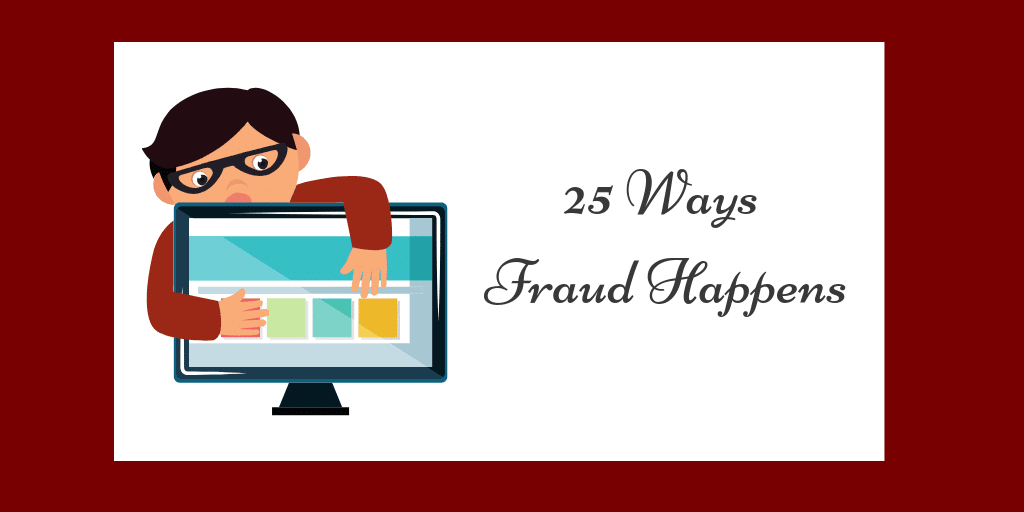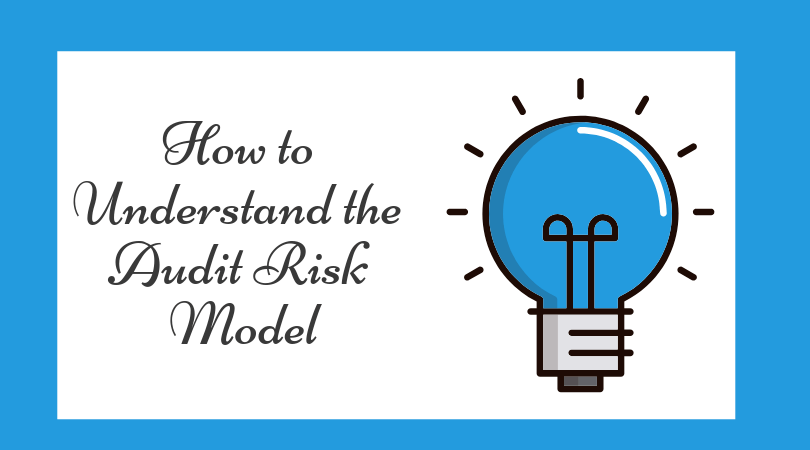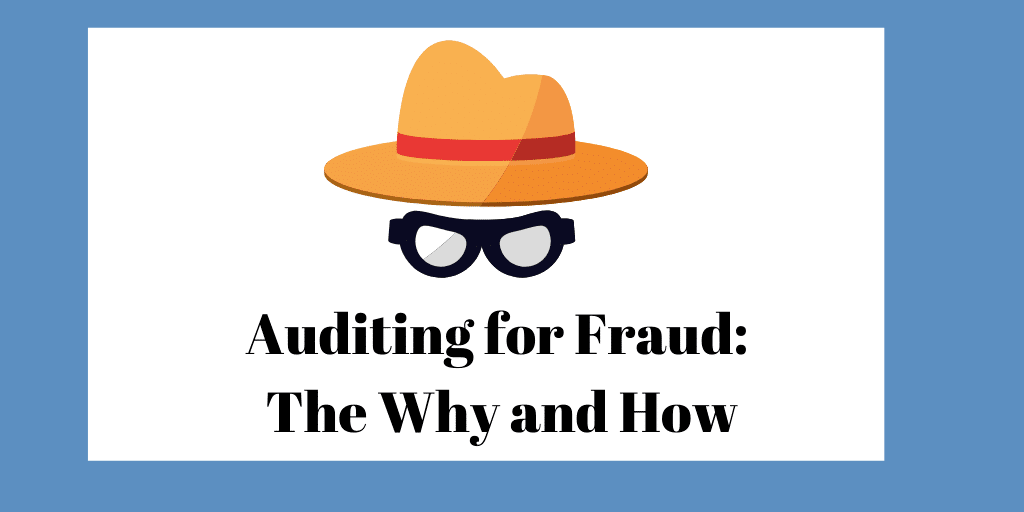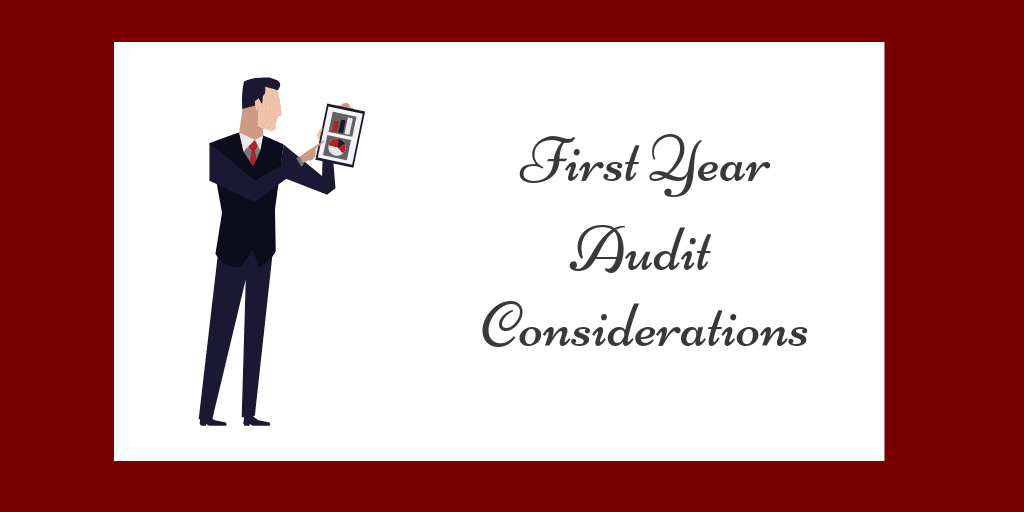25 Ways Fraud Happens: Audit Brainstorming

As auditors perform their fraud brainstorming, it helps to have ideas to consider. So today I provide you with 25 ways fraud happens.
25 Ways Fraud Happens
Here’s a list of common company thefts:
- Collection clerk steals cash prior to recording it
- Collection clerk steals cash after recording a customer receipt; he voids the receipt and adjusts (writes down) the customer’s account
- Collection clerk places a personal check (for $5,000) in the cash drawer and takes an equivalent amount of cash; the clerk leaves the check in the drawer for months—in effect the clerk has an unauthorized loan
- The cash collections supervisor steals cash after receiving funds from collection clerks but before the money is deposited; she adjusts the related bank reconciliation by the amount stolen
- The person opening the mail steals checks before they are receipted; these amounts had not previously been recorded as a receivable
- Employees steal capital assets (knowing that no one performs periodic inventories)
- Employees use company credit cards for personal purchases but code the transactions as company expenses
- Accounts payable clerks cut checks to themselves (or to an accomplice) but record the check as company expenses; the check signatures are forged
- Accounts payable clerks establish fictitious vendors using their own addresses, a P.O. Box, or that of an accomplice; payments are made to the fictitious vendor and covered up with fictitious invoices; the checks are signed electronically as they are printed
- Accounts payable employee intentionally double-pays an invoice, then requests that the vendor refund the extra payment (with the refund going directly to the payable clerk)—check is converted to personal use
- Payroll personnel increase the pay rate—in the master pay rate file—for themselves or for friends working in the company
- Payroll personnel pay themselves (or friends) twice for each payroll
- Payroll personnel purposefully overpay withholding taxes and inflate the withholding amount on their own W-2, resulting a tax refund that includes the excess payments
- Purchasing department personnel are bribed by a vendor; the vendor recoups the bribe costs by inflating its subsequent invoices
- State, city, county elected officials are bribed; the vendor recoups the bribe costs by inflating its subsequent invoices
- Vendors give favors (e.g., free vacations) to those with the power to buy—commonly called a gratuity; vendor recoups the cost of the favors by inflating its subsequent invoices
- CEO orders accounts payable staff to make payments to himself (with an implied threat); payments are coded in a manner that hides the payment
- Money is wired by the CFO to the CFO but is recorded as a legitimate expense using a journal entry
- Money is wired to the CFO who then leaves the country without trying to cover up the theft
- The CEO or CFO makes payments to someone who is threatening their life or is blackmailing them; the expense is coded as legitimate
- A secret bank account is opened in the name of the business by the CFO but the sole authorized check signer is the CFO; checks are made from a legitimate business bank account to the secret bank account; the CFO writes checks to himself from the secret account
- A sales person steals rebate checks that belong to the company; she deposits the checks into her personal bank account by writing “pay to the order of…” on the back of the check
- The payables clerk writes a manual check to himself and then records the check with a journal entry that reflects a legitimate vendor
- The CFO inflates revenue at year-end with fictitious journal entries; stock prices go up; the CFO sells personally-owned company stock, then the CFO reverses the year-end accruals
- The inventory clerk steals stock and covers the theft by altering the inventory records
Fraud Brainstorming for Auditors
In performing your fraud brainstorming, consider printing out this list and seeing if any of these thefts are relevant to your audit.



Benson, yes, simply having multiple eyes on each process is a great deterrent.
But you did a good job of self-correcting!
ARRRGGHHH!!!
company’s
I hate simple grammar errors!!!!!
How many of these are made possible by the lack of a single internal control practice, segregation of duties? Most if not all?
Why have I never heard of auditors reviewing and verifying a companies credit report as a way to uncover fraudulent bank accounts and credit cards?
Keep up the good fight. There is fraud everywhere.